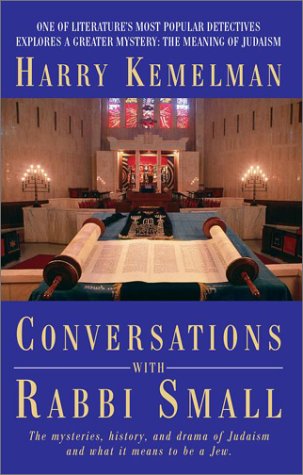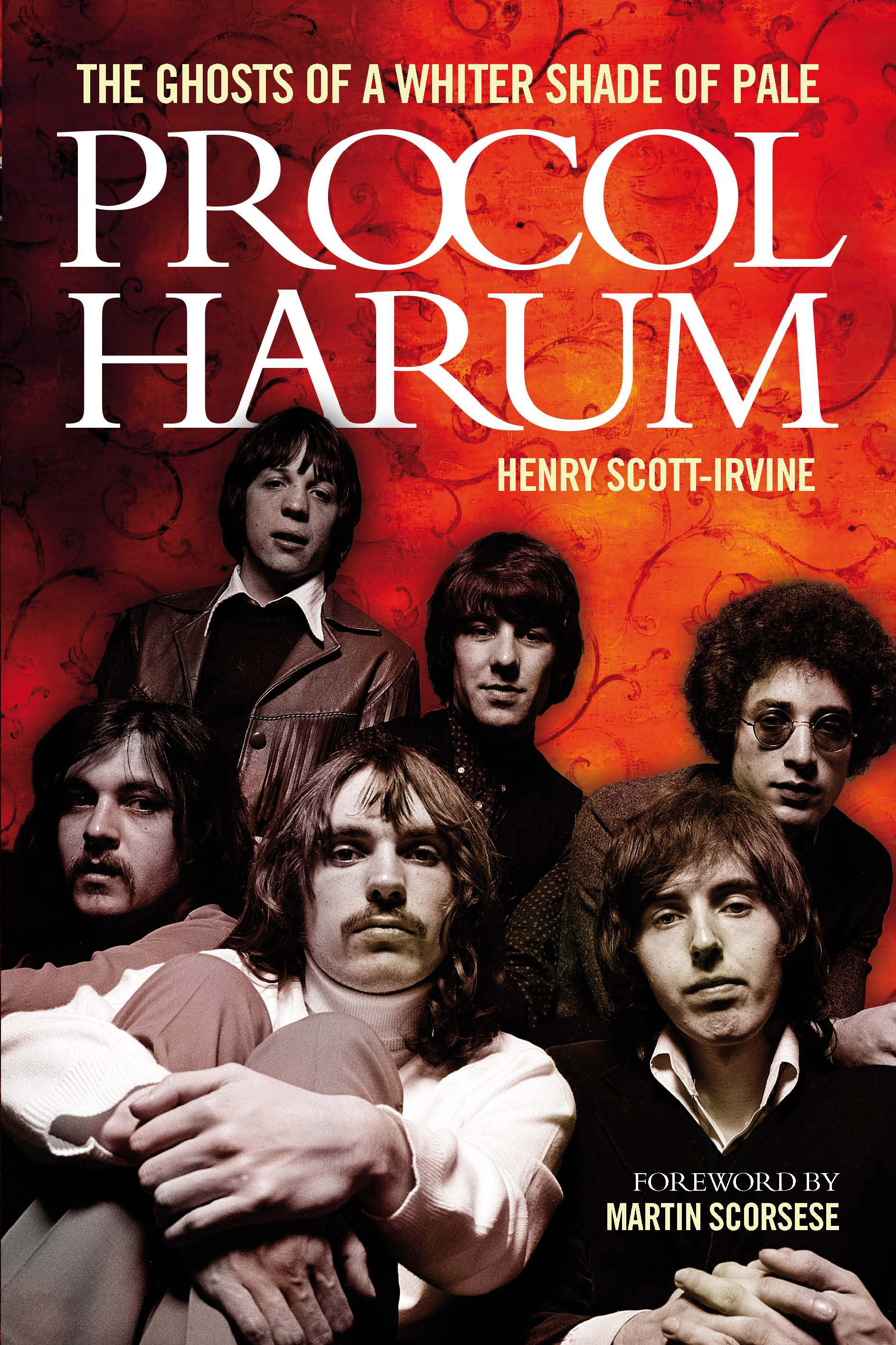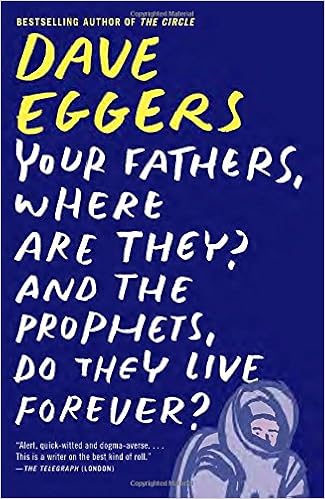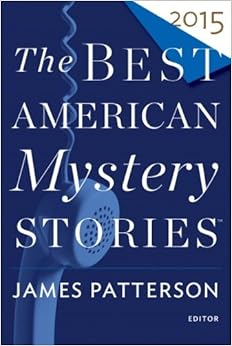As I mentioned before, in June my wife and I traveled to Scotland. I was particularly knocked out by the Orkney Islands, off the northeast coast. We arrived via a six-hour ferry ride from Aberdeen.
And that route is not recommended. By the end of the trip I would estimate that at least a quarter of the travelers were sitting still (or just lying on the floor), afraid to move for fear of losing whatever might remain in their tummies.
So, if you go, take the other, shorter ferry ride, from Scrabster. Longer road trip to get there but roads aren't as bouncy as the North Sea.
 | ||||
| Relief carving, Magnus Cathedral, Kirkwall, Orkney. |
And speaking of time, the place is full of it. We visited four prehistoric sites, where the past just leaps out at you.
You may wonder why these way-the-hell-and-gone isles attracted neolithic peoples. One tour guide explained it this way: If the sea is a barrier then Orkney is at the far end of nowhere. But if the sea is a road, then Orkney is a main highway stop. The Vikings certainly took the latter view. Maybe the new-stone-age (neolithic) people felt the same way.
But we can only guess about that because they were, well, prehistoric. Which by definition means they left no history, no writing.
And writing (this blog is about writing. Remember?) is a great tool against oblivion. But not the only one.
 |
| Stennes |
 | |
| Maeshowe |
We don't know much about the people who spent 30 to 100,000 person-hours building it, or what they thought it meant, but we do know it was visited by Vikings (remember them?) about a thousand years ago. We know that because they told us so by writing on the inner walls. It is the largest collection of runes ever found. The writers explain that 100 of them broke in through the ceiling to spend three days out of a snow storm.
 |
| Ring of Brodgar, more standing stones. |
I carved this with an axe.
I carved this up high.
Carved by the best rune-carver west of the ocean.
They were not all so tautological. The guide told us one of the carvings could be loosely translated:
For a good time, call Ingehelda.
Right. It seems odd that these ancient wanderers didn't use the opportunity to tell posterity more about themselves. Like names and home towns. But apparently that was not the sort of immortality that interested them.
 |
| Skara Brae |
By the way, those original dry stone walls, built almost five thousand years ago? Except where the Vikings bashed them, they still don't need repair. Talk about fighting oblivion.
 |
| Standing stones in an Orkadian cafe. Another shop had a dish called Skara Brie. |
If you made it through all of my prattle then you deserve a treat. So here is Saltfishforty, an Orkadian band we saw performing in Stromness. Enjoy.



.png)















:format(jpeg):mode_rgb():quality(90)/discogs-images/R-1762406-1423414664-1583.jpeg.jpg)







:format(jpeg):mode_rgb():quality(90)/discogs-images/R-6162793-1412627587-3056.jpeg.jpg)














:format(jpeg):mode_rgb():quality(96)/discogs-images/R-1192689-1249491805.jpeg.jpg)
